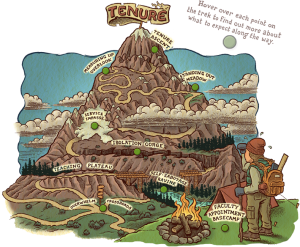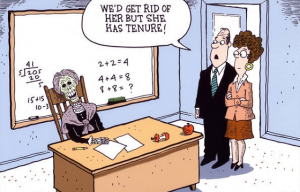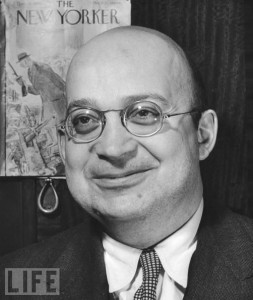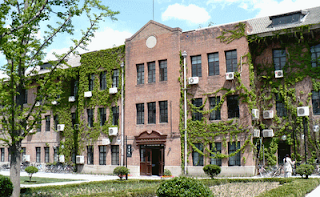When I began this blog back in 2009, newspapers and magazines were endangered, journalism jobs were disappearing and students were rethinking their futures. It was all enough to make me wonder whether keeping J Schools open was immoral. After all, how could we ethically take money from students, train them for the fading types of careers we older journalists had enjoyed, and send them out to flip burgers instead of produce news stories?
Now, as my time in academia is nearing its end, many things have gotten worse. Newspapers and magazines continue to die, journalism jobs continue to fade away (or get hacked away by vulture capitalists and others), and J School students are wise to think about alternative futures. So, the question is even more compelling: is it moral for J Schools to stay open?
My answer then – and still – is yes. Why? Well, first, while lots of traditional journalism jobs are going away, alternative media outlets have been surging. Online outfits, often operating as nonprofits, have sprouted all over the country. Many of them cover things more narrowly than general-interest newspapers, focusing on state legislatures, for instance. Some for-profit ventures, with broader missions, have emerged, too.
There has been so much growth that I led a special-topics course about it in the spring of 2022. I had many leaders of such programs speak to my students. They hailed from new outfits such as The Texas Tribune, The Colorado Sun, Nebraska Examiner, Flatwater Free Press, The Oaklandside, and Boulder Reporting Lab and older ones taking innovative paths, such as Chicago Public Media. Sure, such outfits will provide fewer jobs than the once-robust newsrooms veteran faculty members were used to, but as fewer students seek traditional reporting jobs, the smaller numbers are tolerable.
And let’s not forget the big-name outfits, whose brands have become only more important lately. Even more than before, the big-name outlets are available to students. Yes, The Washington Post and even The New York Times and The Wall Street Journal are under pressure. But they still offer opportunities, especially internships. And specialized media, such as Bloomberg News and Reuters, remain vibrant, thank you.
Second, J School is not just about job training for reporters. Most students in such schools nowadays major in PR and advertising, where opportunity abounds. And, within journalism, the skills students acquire would serve them well in whatever field they go into. These skills include researching, analyzing, seeing different viewpoints and writing clearly. Remember that critical thinking – in such short supply throughout society – is at the base of what journalism faculty teach.
J School remains great preparation for particular professions, too. Several of my students went into law, for instance (some did so after stints in journalism and some went directly to law school). The skills they learned in our classes were essential. Similarly, some of my business journalism students went into accounting and related fields, where their writing skills were enhanced by training they got from us.
Think about the parallel with another endangered academic species – the English major, my own focus as an undergraduate. I studied the works of 18th and 20th century writers, in particular – works with as much practical value as philately, at least in terms of occupations. And yet, the tightly written prose and verses of Swift, Pope and Johnson taught me how to write with economy. Certainly, the work of Hemingway – who got his professional start as a reporter — was inspirational and worth trying to emulate.
For a time, I considered grad school in English, even gaining admission to a fine program. But the paucity of academic jobs on the horizon in the field back then (in the 1970s), helped me to choose graduate J School instead. Much as my heart may have been in literature, the public prints were my destiny. Even so, that training in the most impractical area of English proved helpful – enriching me personally and professionally.
Moreover, J Schools usually require students to take many courses outside of the field. The way I described this to prospective students was that journalism classes can teach you how to say something well, but other academic areas help give you something to say. Along with Journalism 101, students should take classes in such areas as law, business and economics. Indeed, the most intellectually adventurous might want to double-major in English.
So, should J Schools endure? Is it moral to train students in journalism? I believe so. The faculty must keep close tabs on the rapid changes in the field and make sure students are equipped with the skills they will need. But the core skills remain essential, whether the students wind up covering news, toiling in the courts, running businesses or doing anything else where good writing and clear thinking are vital.

















